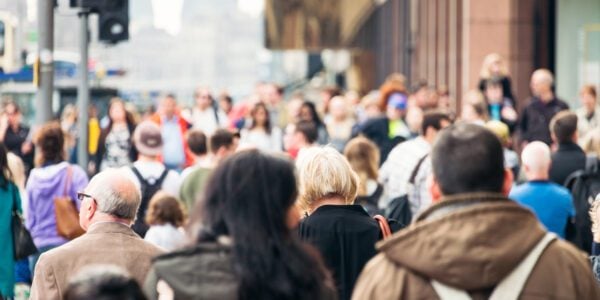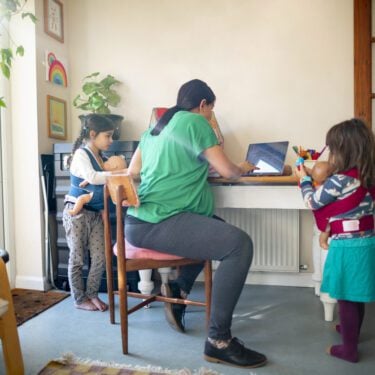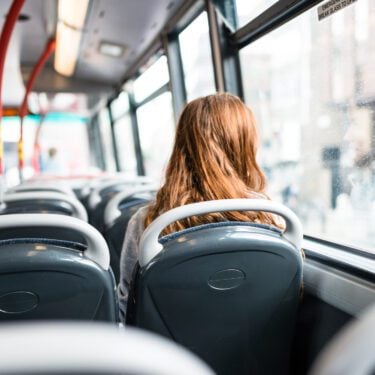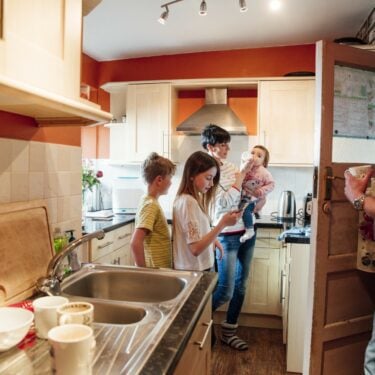Full Fact, the UK’s independent fact checking charity, has called on the government, media and internet companies to take action against bad information.
In the first of a series of Nuffield-funded annual reports, Full Fact exposes the harm misleading claims can do to people’s lives and communities—from deteriorating trust in politics, to dangerous health advice, especially during the coronavirus pandemic.
The report urges policymakers, journalists, think tanks, charities and internet companies to do more to improve standards of debate and access to trustworthy information, including:
- Transparency in political parties’ press releases: parties should make reports and releases available in defined sections on their sites, with details of whether and how they’ve been checked and sourced.
- A culture of transparency and evidence in government: staff involved in major policy announcements should use a fact checking and sourcing template document to ensure accuracy, and information referred to in public should be made public.
- More action from internet companies: They should commit to funding and carrying out active evaluation of any artificial intelligence work that has the potential to impact information given to individuals.
- Reforms to election laws: changes must be made ahead of the next vote to properly safeguard democracy from online campaigning.
- Correcting the record: When a fact check shows someone has got something wrong, we regularly ask claimants to correct their mistakes. Of the 126 follow-ups Full Fact made in 2019, only 51 resulted in a fully satisfactory response. If we want more consistent responses, everyone needs to take more responsibility for the harm their inaccuracies could cause.
- Responsible press offices: university, charity and think tank press offices should assess the accuracy of coverage of their work, and include important caveats or sources in their press releases.
The report draws on ten years of fact checking experience, including three general elections, the 2016 EU referendum and the current coronavirus pandemic.
Examples of the harm done by bad information in that time include:
- Low trust in politics: research by Full Fact during the 2019 election found 54% of adults in the UK said they ignored what parties and politicians say because they don’t know if they can trust them.
- Mounting financial costs: £27m was lost to foreign-exchange and crypto scams in 2018-19:
- Risks to life: The new coronavirus has brought with it dangerous false medical advice, as seen previously with the Ebola virus, AIDS, and vaccines.
This month we have also seen 5G towers vandalised or destroyed in different parts of the UK – a direct result of baseless conspiracy theories linking the technology to the spread of the virus.
Full Fact will monitor progress in fighting bad information in the UK, and update in follow-up reports in 2021 and 2022.
Will Moy, Chief Executive of Full Fact, said:
“Bad information ruins lives. We’ve seen first hand how it can dissuade people from engaging in democracy, and risk their finances, health or personal safety.
“The outbreak of the new coronavirus has brought this into starker focus in recent months. Here in the UK, we have seen misinformation take hold in the form of fake cures, spurious claims, conspiracy theories and financial scams.
“Politicians, journalists and internet giants often ask the public for their trust. But they can do more to earn it.”
Rebecca Hill, Policy Manager at Full Fact, said:
“This is the first time we’ve pooled our knowledge and experience from ten years of fact checking.
“Our report outlines what drives bad information, and the blockers to good information. Both must be properly understood if we are going to strengthen trust and the quality of debate in the UK.
“We have made a series of recommendations to those in public life, built on our three core principles: get your facts right, back up what you say with evidence and correct your mistakes.
“But because a number of the problems of misinformation relate to regulation, we have also set out concrete proposals for policy changes focused on free speech, transparency, and protecting the integrity of our elections.
“We hope these interventions are the first in a long-term effort to counter bad information and the harm it does. We thank the Nuffield Foundation for its continued support and commitment to our work.”
Mark Franks, Director of Welfare at the Nuffield Foundation said:
“This report shows the damage being done to our society by the widespread misuse of information and evidence, particularly in terms of public trust in politicians and government and the consequent risk that people will disengage from democracy in even greater numbers. However, as Full Fact has demonstrated in its own factchecking, the flow of misinformation can and should be challenged and those responsible held to account. The report sets out practical recommendations that would help move towards a culture of greater transparency and evidence in the government, media and elsewhere, which would help to rebuild public trust.
“The Nuffield Foundation is proud to be an independent funder of Full Fact, and we welcome today’s report which draws on their experience of factchecking gained over the last decade. In the midst of the COVID-19 pandemic, when misinformation poses a significant risk to people’s health, the work of Full Fact is needed more than ever.”












































